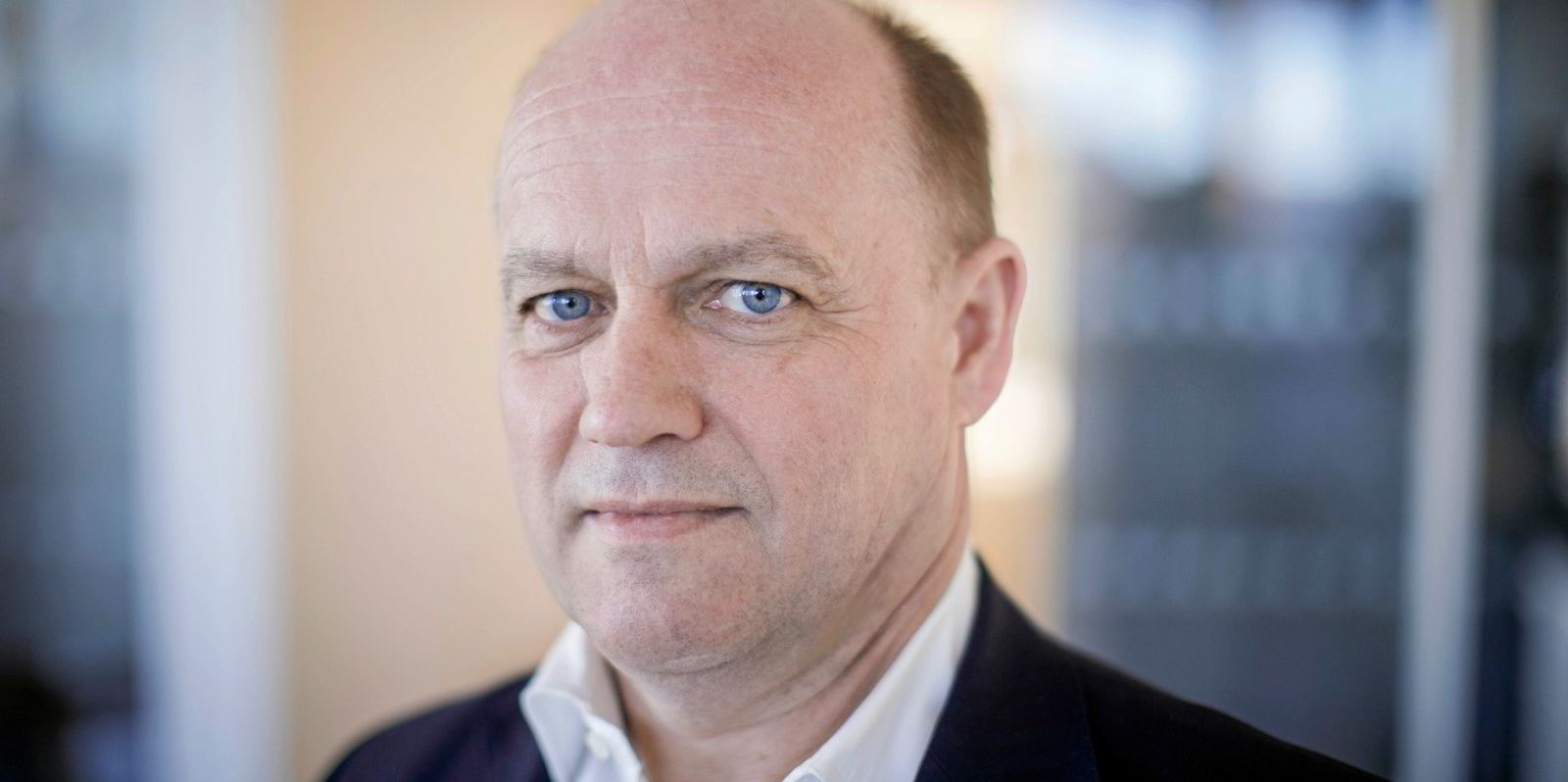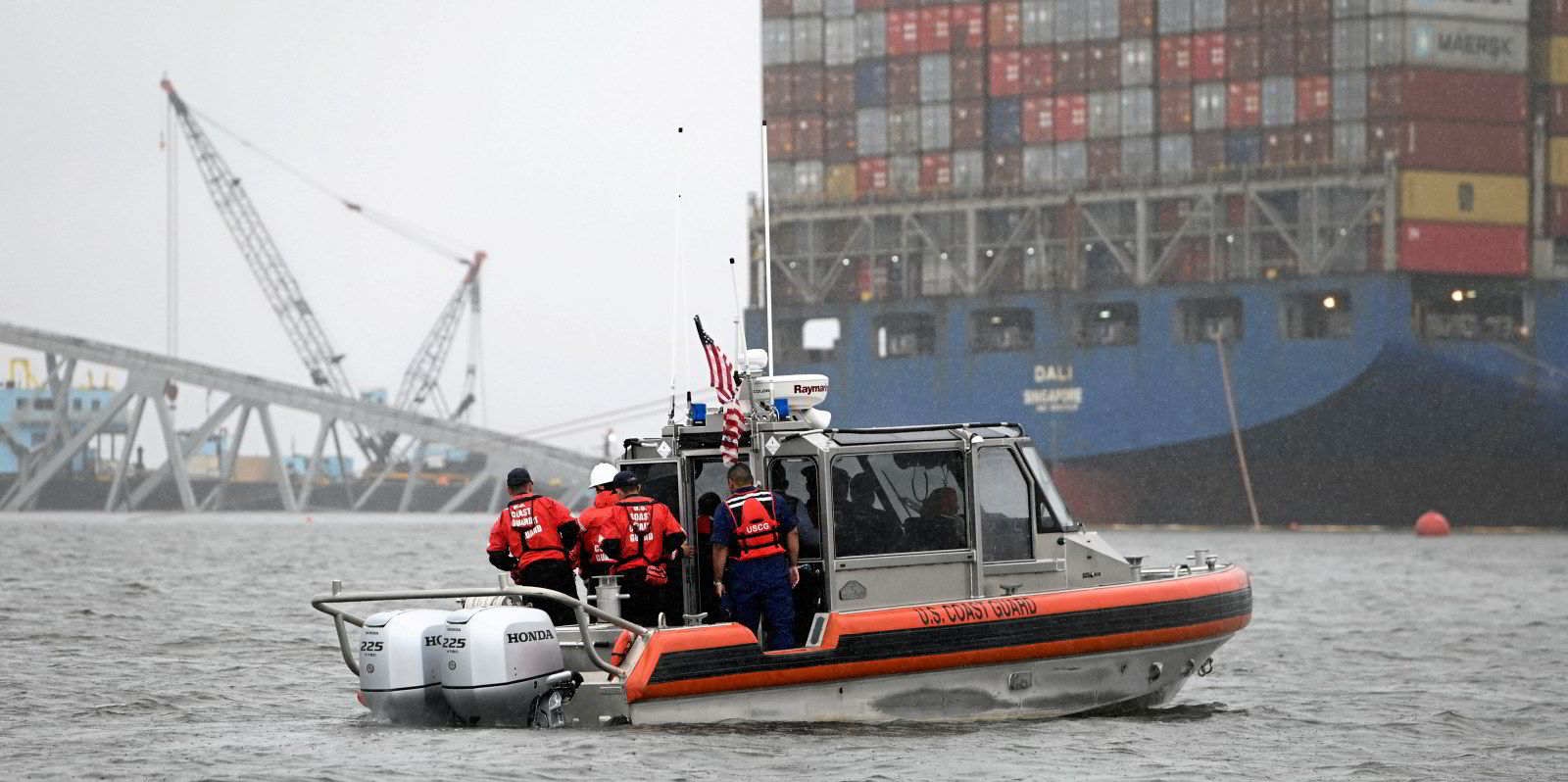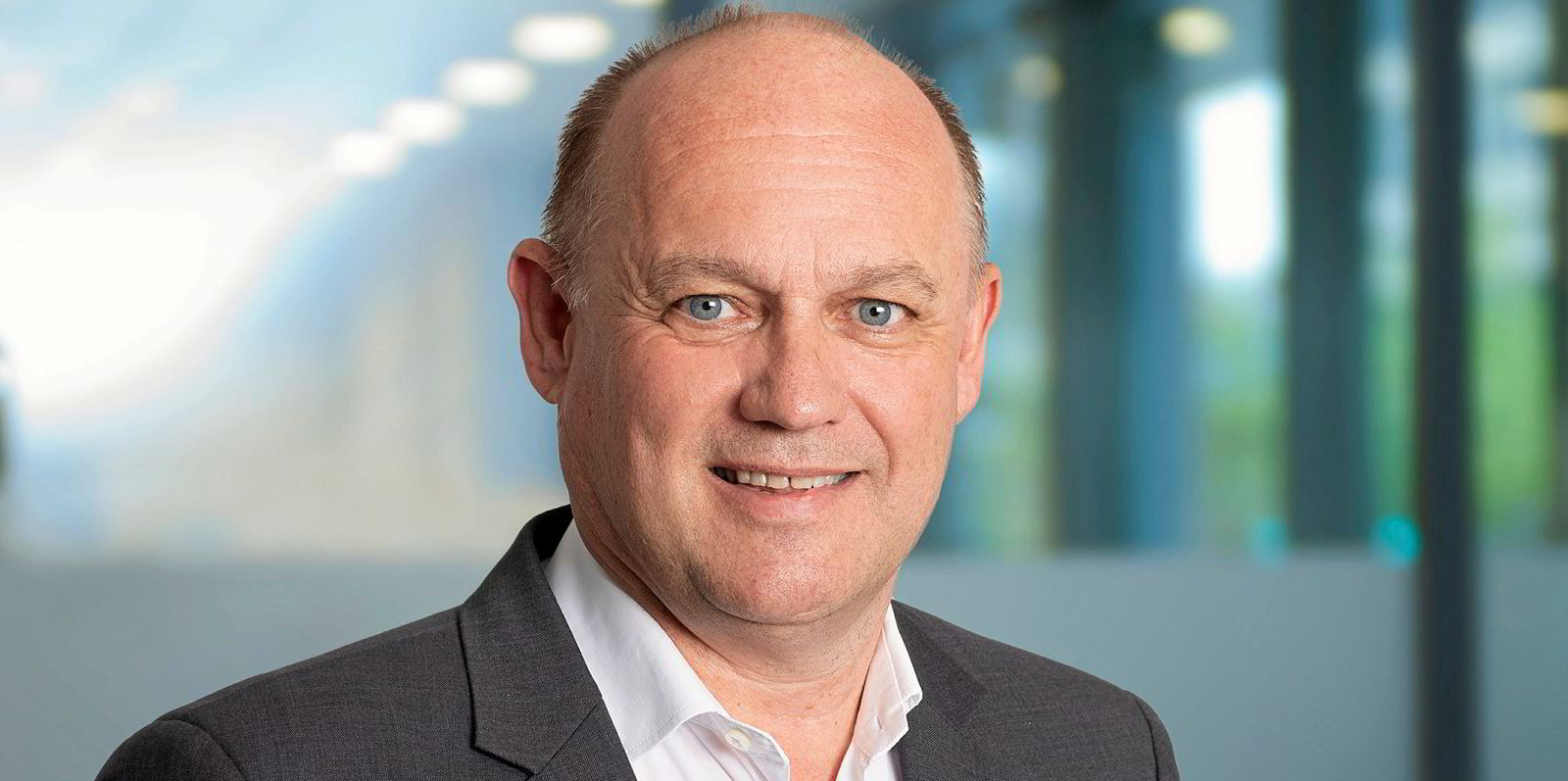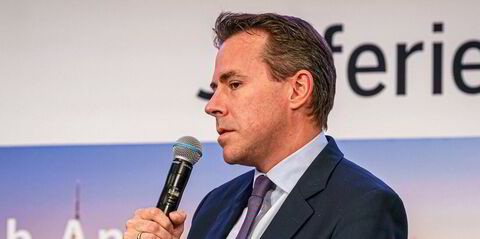The Red Sea situation is still dragging on Hoegh Autoliners’ volumes.
The Oslo-listed car carrier owner said on Friday that it moved 1.2m cbm-worth of cargo in March, a slight uptick from the previous two months when the company moved 1.1m cbm each.
However, it is down significantly from the 4m cbm reported in March last year.
“Transported volumes increased somewhat in March compared to January and February but is still negatively impacted by the ongoing situation in the Red Sea leading to longer voyages and less optimal trade and cargo mix,” chief executive Andreas Enger said.
“We must do strict prioritising of cargo in this situation and serving our core strategic customers has top priority.”
The decline in volumes follows the company’s decision in December 2023 to divert ships away from the Red Sea and Suez Canal following a string of Houthi attacks on commercial ships from nearby Yemen.
Enger had warned that the diversions would impact volumes, as ships had to sail for roughly two weeks longer to reach Europe from Asia, although analysts in the market said rates would climb as the longer voyages would make fewer ships available.
In March, rates jumped to levels Enger called “close to peak” thanks to a strong spot market and new, richer contracts.
The company said its gross freight rate for the month was $98.70 per cbm and $84.40 per cbm on a net basis.
The gross figure represented a 3.3% jump from the fourth quarter and the net figure rose 1.1%.
In February, the company reported $97.40 per cbm on a gross basis and $80.90 on a net basis, while March 2023 saw those rates at $96.10 per cbm and $79.80 per cbm respectively.
Baltimore impacts
In the update, Enger said the collapse of the Francis Scott Key Bridge in Baltimore would have less impact on Hoegh Autoliners’ business.
“We will divert the cargo to other ports in the area,” he said.
Baltimore is the busiest port in the US for automobile and heavy machinery trades and the bridge collapse has shuttered access to several terminals, including a car terminal run by rival Wallenius Wilhelmsen.
Just west of the bridge — and unaffected by the collapse — are terminals run by Volkswagen and BMW.
One Hoegh Autoliners ship, the 6,000-ceu Hoegh Chiba (built 2006), was due to arrive in Baltimore the day after the collapse but was instead diverted to nearby Wilmington.





